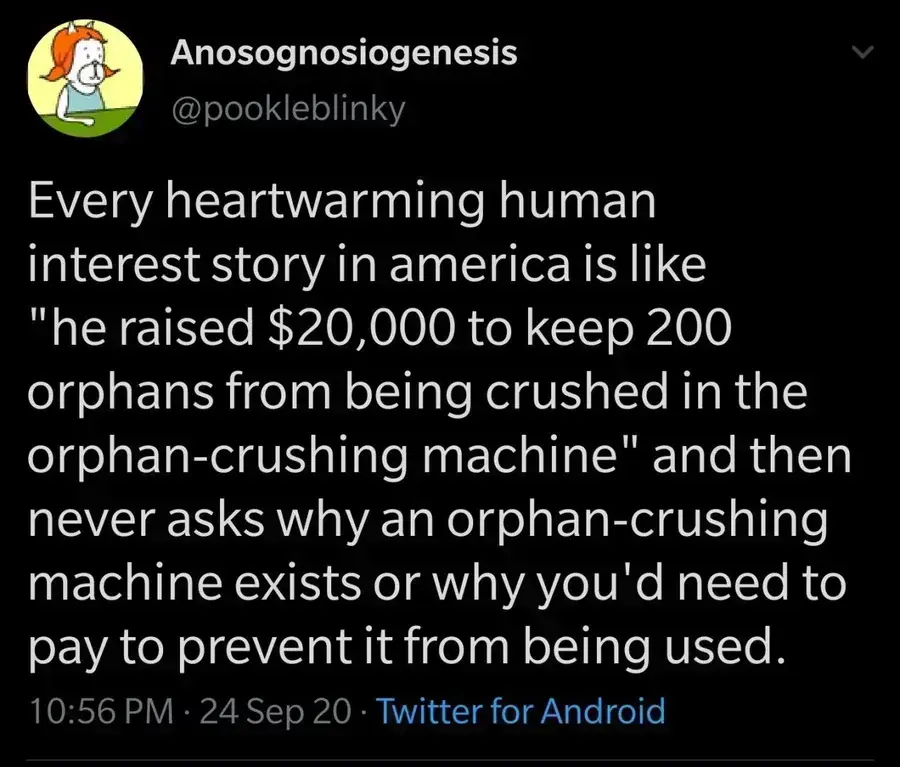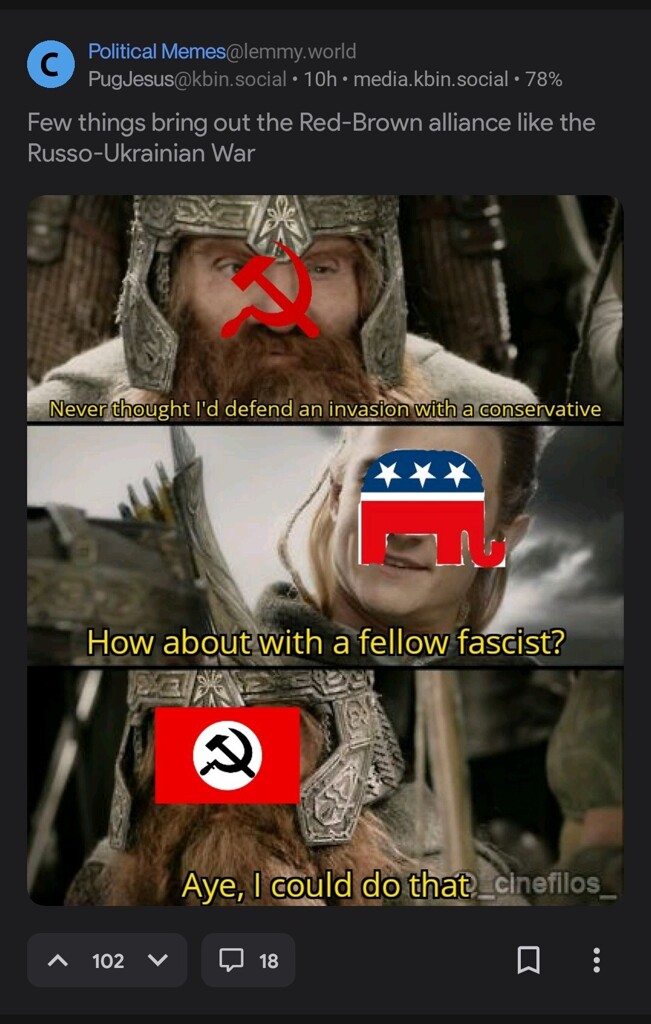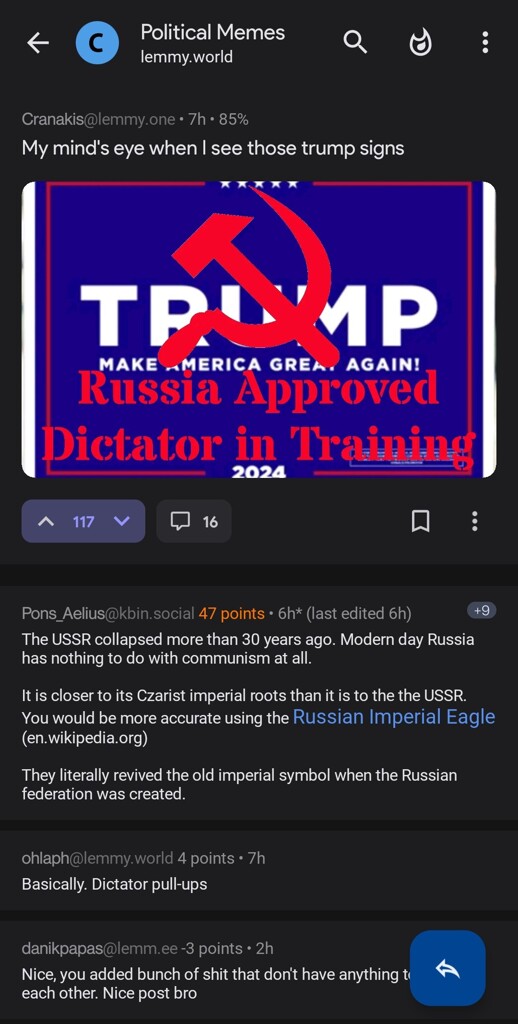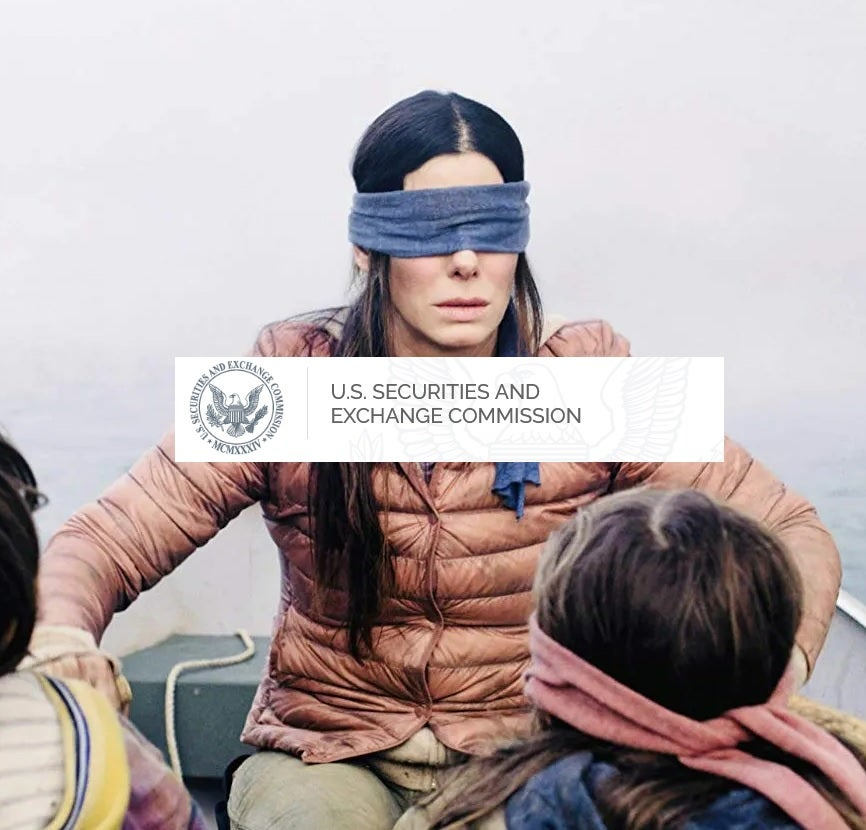The Rev. Dr. Martin Luther King Jr. (January 15, 1929–April 4, 1968) was the charismatic leader of the U.S. civil rights movement in the 1950s and 1960s. He directed the year-long Montgomery bus boycott, which attracted scrutiny by a wary, divided nation, but his leadership and the resulting Supreme Court ruling against bus segregation brought him fame. He formed the Southern Christian Leadership Conference to coordinate nonviolent protests and delivered over 2,500 speeches addressing racial injustice, but his life was cut short by an assassin in 1968.
Martin Luther King Jr. was born January 15, 1929, in Atlanta, Georgia, to Michael King Sr., pastor of the Ebenezer Baptist Church, and Alberta Williams, a Spelman College graduate and former schoolteacher. King lived with his parents, a sister, and a brother in the Victorian home of his maternal grandparents.
After attending the World Baptist Alliance in Berlin in 1934, King Sr. changed his and his son's name from Michael King to Martin Luther King, after the Protestant reformist. King Sr. was inspired by Martin Luther's courage of confronting institutionalized evil.
King studied sociology and considered law school while reading voraciously. He was fascinated by Henry David Thoreau's essay "On Civil Disobedience" and its idea of noncooperation with an unjust system. King decided that social activism was his calling and religion the best means to that end. He was ordained as a minister in February 1948, the year he graduated with a sociology degree at age 19.
In September 1948, King entered the predominately White Crozer Theological Seminary in Upland, Pennsylvania. He read works by great theologians but despaired that no philosophy was complete within itself. Then, hearing a lecture about Mahatma Gandhi, he became captivated by his concept of nonviolent resistance. King concluded that the Christian doctrine of love, operating through nonviolence, could be a powerful weapon for his people.
In 1951, King graduated at the top of his class with a Bachelor of Divinity degree. In September of that year, he enrolled in doctoral studies at Boston University's School of Theology.
While in Boston, King met Coretta Scott, a singer studying voice at the New England Conservatory of Music. The couple married on June 18, 1953.
When King arrived in Montgomery to join the Dexter Avenue church, Rosa Parks, secretary of the local NAACP chapter, had been arrested for refusing to relinquish her bus seat to a White man. Parks' December 1, 1955, arrest presented the perfect opportunity to make a case for desegregating the transit system.
E.D. Nixon, former head of the local NAACP chapter, and the Rev. Ralph Abernathy, a close friend of King, contacted King and other clergymen to plan a citywide bus boycott. The group drafted demands and stipulated that no Black person would ride the buses on December 5.
That day, nearly 20,000 Black citizens refused bus rides. Because Black people comprised 90% of the passengers, most buses were empty. When the boycott ended 381 days later, Montgomery's transit system was nearly bankrupt.
On February 1959 he laid six principles, explaining that nonviolence:
Is not a method for cowards; it does resist
Does not seek to defeat or humiliate the opponent, but to win his friendship and understanding
Is directed against forces of evil rather than against persons who happen to be doing the evil
Is a willingness to accept suffering without retaliation, to accept blows from the opponent without striking back
Avoids not only external physical violence but also internal violence of spirit
Is based on the conviction that the universe is on the side of justice
In April 1963, King and the SCLC joined Rev. Fred Shuttlesworth of the Alabama Christian Movement for Human Rights in a nonviolent campaign to end segregation and force Birmingham, Alabama, businesses to hire Black people. Fire hoses and vicious dogs were unleashed on the protesters by “Bull” Connor's police officers. King was thrown into jail. King spent eight days in the Birmingham jail as a result of this arrest but used the time to write "Letter From a Birmingham Jail," affirming his peaceful philosophy.
On October 14th, 1964, King won the Nobel Peace Prize for combating racial inequality through nonviolent resistance. In 1965, he helped organize the Selma to Montgomery marches. In his final years, he expanded his focus to include opposition towards poverty, capitalism, and the Vietnam War.
For his activism, he was the target of multiple assassination attempts, arrested 23 times, and surveilled and harassed by the police. In particular, FBI Director J. Edgar Hoover harassed Dr. King by making him a target of COINTELPRO, a secret program where FBI agents spied on, infiltrated, and attempted to discredit "subversive" political movements.
In 1968, King and the Southern Christian Leadership Conference organized the "Poor People's Campaign" to address issues of economic justice. King traveled the country to assemble "a multiracial army of the poor" that would march on Washington to engage in nonviolent civil disobedience at the Capitol until Congress created an "economic bill of rights" for poor Americans.
Before the plans for the march could come to fruition, however, King was assassinated in Memphis, Tennessee while supporting striking black sanitation workers. James Earl Rey was convicted for the murder, but speculation of government involvement has persisted for decades after his death.










Why sell them secretly when you can "sell" them legally to your new employer...?